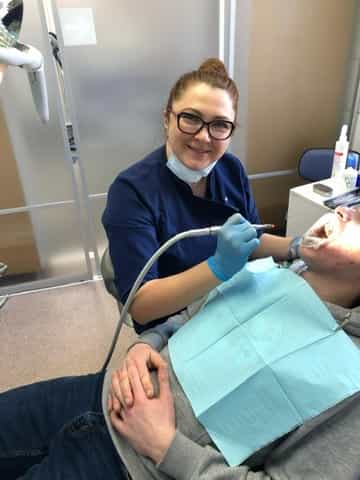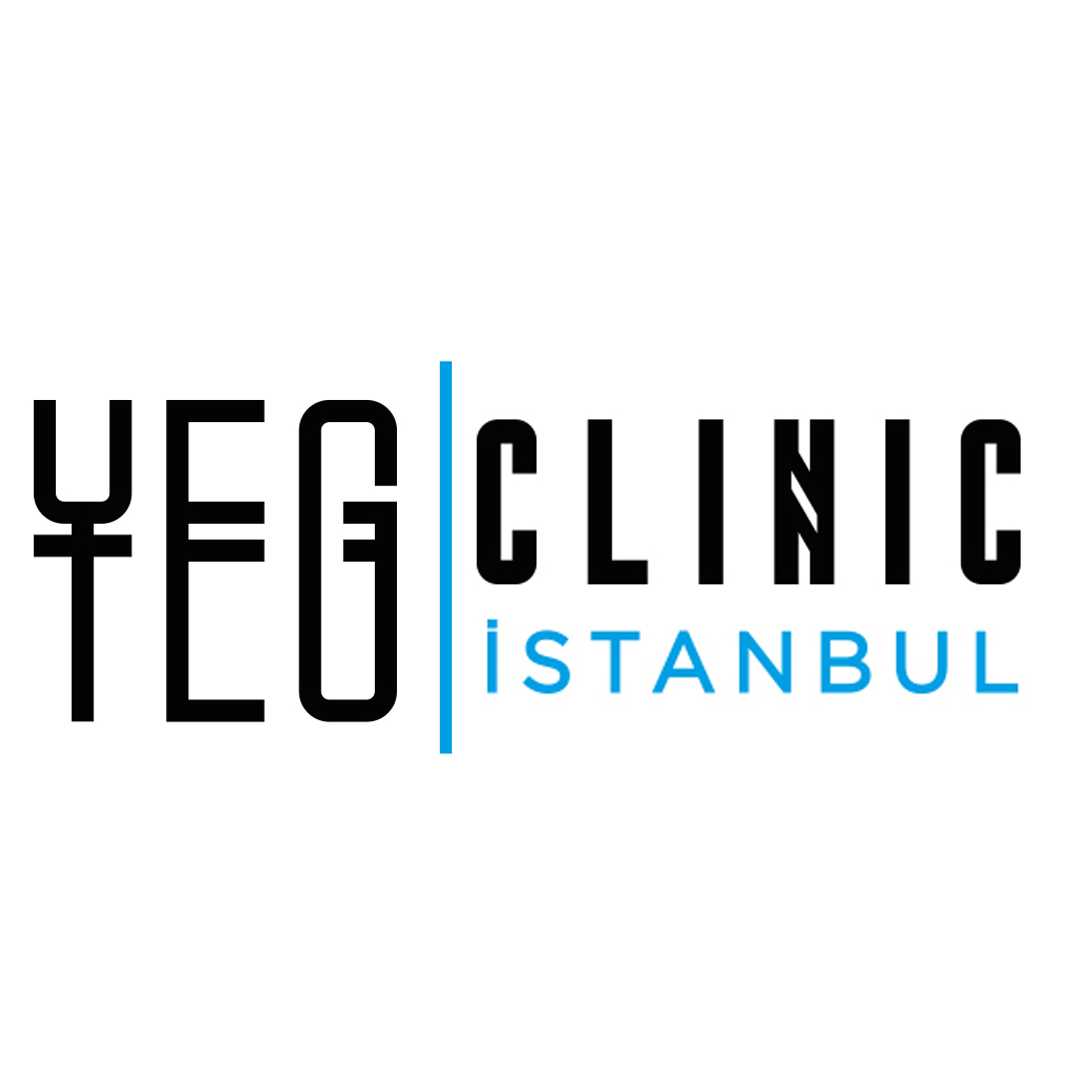Explore Dental Crowns Cost in Spain

Thinking about getting dental crowns in Spain? You're making a smart choice. Spain has rapidly become a premier destination for dental tourism, attracting thousands of patients who seek high-quality, affordable dental care. The country offers a perfect blend of experienced, multilingual dentists, state-of-the-art clinics, and prices that are significantly lower than in the UK, Ireland, and the United States. But before you book your flight, it's crucial to understand the costs involved.
The price of a dental crown isn't a simple number; it's influenced by various factors, from the type of material you choose to the city where your clinic is located. This in-depth guide will walk you through every aspect of getting dental crowns in Spain. We'll explore the detailed costs, compare different types of crowns, outline the treatment process, and answer all the key questions you might have. Our goal is to provide you with the clarity and confidence needed to plan your dental journey to Spain.
What is the Exact Cost of a Dental Crown in Spain?
While averages provide a good starting point, the final quote from your dentist will be specific to your case. The price of a dental crown in Spain is not a fixed figure. It's a sum of different components: the dentist's fee, the cost of the material, the laboratory fee for creating the crown, and any additional procedures required, like a root canal or a dental implant.
Always request a detailed treatment plan that breaks down all the costs involved. This transparency is a hallmark of reputable clinics and helps you understand exactly what you are paying for, avoiding any hidden surprises down the line.
What are the Different Types of Dental Crowns and Their Costs in Spain?
The material of your crown is the single biggest factor influencing the cost. Here’s a more detailed look at the options available in Spanish clinics:
- Porcelain-Fused-to-Metal (PFM) Crowns: This is the traditional workhorse of dental crowns. They offer good strength due to their metal substructure and have a pleasing aesthetic from the porcelain layer. They are an excellent, budget-friendly choice, especially for back teeth.
- All-Porcelain or All-Ceramic Crowns: These are the top choice for achieving a perfectly natural look, making them ideal for front teeth. They mimic the translucency of natural tooth enamel better than any other material.
- Zirconia Crowns: Zirconia is a type of ceramic that is incredibly strong and resistant to chipping. It's biocompatible and looks very natural, making it a popular premium choice for both front and back teeth.
- E-Max Crowns: This is a specific type of all-ceramic crown made from lithium disilicate glass. It's known for its excellent aesthetics and strength, often considered a top-tier option for a seamless smile.
Here is a comparison table:
| Crown Type | Average Cost in Spain | Best For |
|---|---|---|
| Porcelain-Fused-to-Metal (PFM) | €330 - €450 | Durability on a budget, especially molars. |
| All-Porcelain/Ceramic | €400 - €700 | Front teeth, achieving the most natural look. |
| Zirconia | €400 - €600 | Strength and aesthetics on any tooth. |
| E-Max | €450 - €750 | Premium aesthetics for front teeth. |
What Factors Influence the Final Price of Dental Crowns in Spain?
Understanding these variables will help you see why prices differ from one clinic to another:
- Location: Clinics in major cities like Madrid or Barcelona, or in popular coastal tourist areas, may have higher overheads and thus slightly higher prices than clinics in smaller towns.
- Technology: Clinics that have invested in advanced technology like CAD/CAM systems for same-day crowns may charge more for the convenience and speed of the service.
- Additional Treatments: The price of the crown itself is separate from any preparatory work. If the tooth needs a root canal treatment or a post and core to be strong enough to support the crown, these will be additional costs.
- Dentist's Expertise: A highly experienced prosthodontist or cosmetic dentist with a portfolio of successful cases may command higher fees.
How Does the Cost of Dental Crowns in Spain Compare to the UK and USA?
The cost savings are the primary driver for dental tourism in Spain. This significant price difference is not due to lower quality but rather the country's economic factors, including a lower cost of living, reduced clinic overheads, and lower labor costs. Even after accounting for travel and accommodation, the total expense is often far less than the cost of the treatment alone in the UK or the US.
What is the Procedure for Getting a Dental Crown in Spain?
The process is efficient and well-managed for international patients:
- Visit 1 (Day 1-2): This is the longest appointment. It includes a full examination with X-rays, a discussion of your options, and the preparation of the tooth. The dentist will numb the area and reshape the tooth. An impression (either digital or with putty) is taken and sent to the dental laboratory. A temporary crown is placed to protect the tooth.
- Lab Work (Day 2-5): The dental lab fabricates your custom crown. This usually takes a few days.
- Visit 2 (Day 5-7): You'll return to the clinic to have the permanent crown fitted. The dentist checks the fit, bite, and color before cementing it securely in place.
For those short on time, ask about clinics with CEREC or CAD/CAM technology, which can produce and fit a high-quality ceramic crown in a single appointment.
Are Dental Crowns in Spain Safe and of High Quality?
Spain's private healthcare system is world-class. The competitive market ensures that clinics invest in modern technology and continuous training to attract patients. There is no compromise on the quality of materials or the standard of care provided. You are receiving the same, if not better, quality of treatment as you would at home.
How Long Do Dental Crowns from Spain Last?
To maximize the longevity of your crown, you should treat it like a natural tooth. This includes brushing twice a day, flossing daily (especially around the crown margin), and attending regular dental check-ups. It's also wise to avoid very hard or sticky foods and to wear a nightguard if you grind your teeth.
How Do I Find a Reputable Dentist in Spain?
When researching, check for:
- Patient Testimonials: Look for reviews on independent platforms.
- Credentials: Check the dentists' qualifications and specializations.
- Communication: Ensure the clinic staff speaks English and is responsive to your questions.
- Transparency: A good clinic will provide a clear, itemized quote with no hidden fees.
What is the Aftercare Like for a Dental Crown?
Your Spanish dentist will provide you with specific post-treatment instructions. It's important to follow these to ensure the crown settles correctly and to promote long-term success. If you experience any significant pain or if the bite feels off after a few days, you should contact the clinic.
Does My Insurance Cover Dental Crowns in Spain?
Most patients pay for the treatment out-of-pocket and then file a claim with their insurer upon their return. The Spanish clinic will provide you with all the necessary invoices and treatment records required for your claim.
What are the Best Cities in Spain for Dental Tourism?
These cities are well-equipped to handle international patients, with many clinics having dedicated coordinators to help with travel arrangements and accommodation, making the entire experience smooth and stress-free.
Ready to Explore Your Options for Affordable, High-Quality Dental Crowns?
Your journey to a perfect smile begins here. Contact PlacidWay to connect with top-rated dental clinics in Spain, receive personalized quotes, and plan your treatment with confidence.


.png)
.png)

.png)

.png)

.png)
.png)



.png)


Share this listing